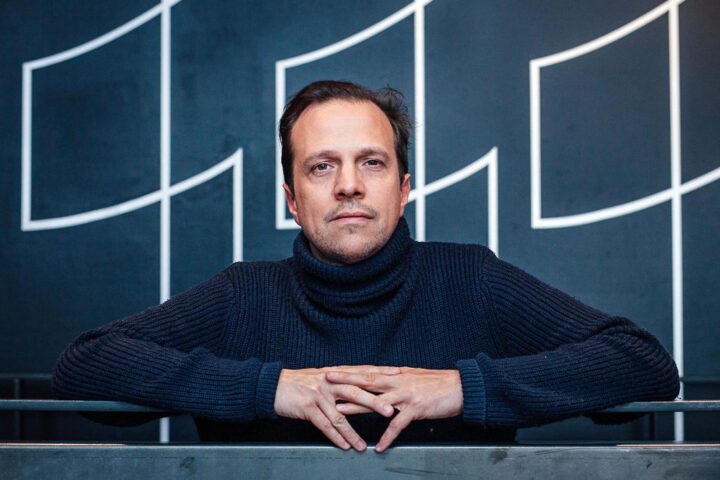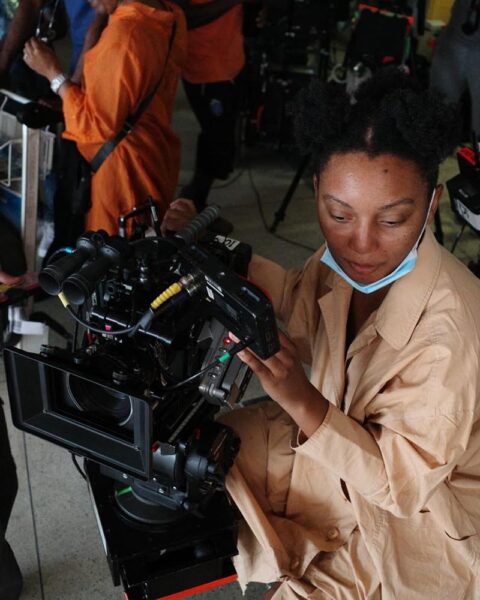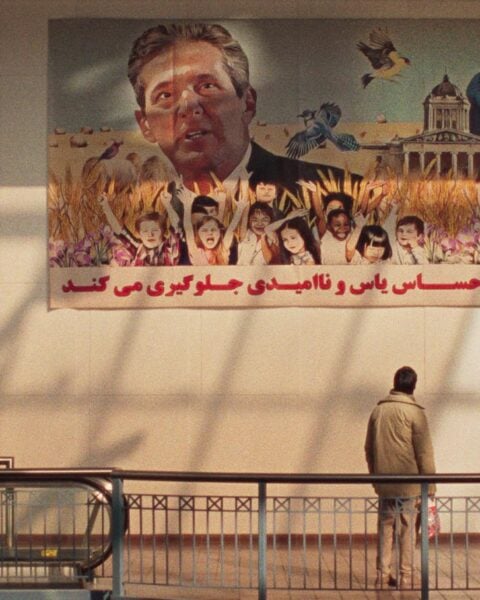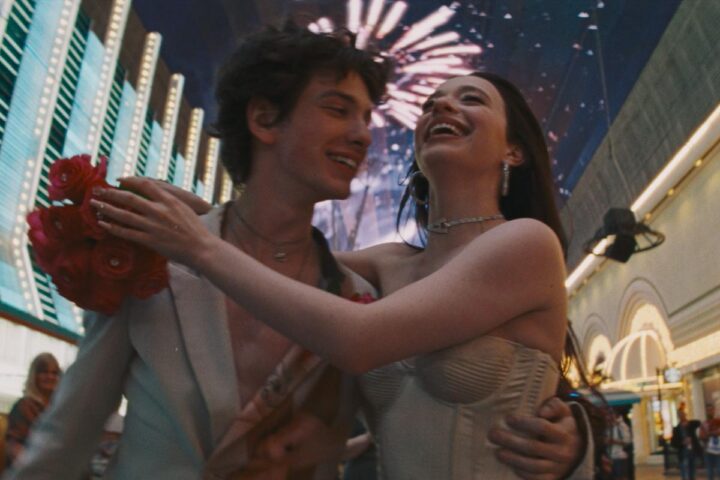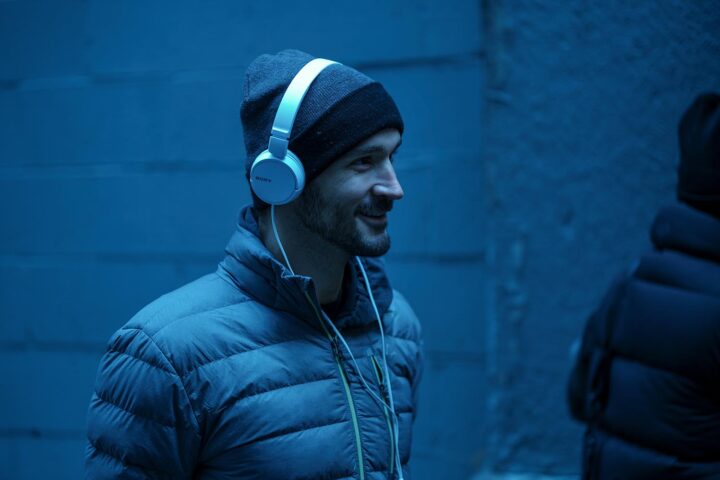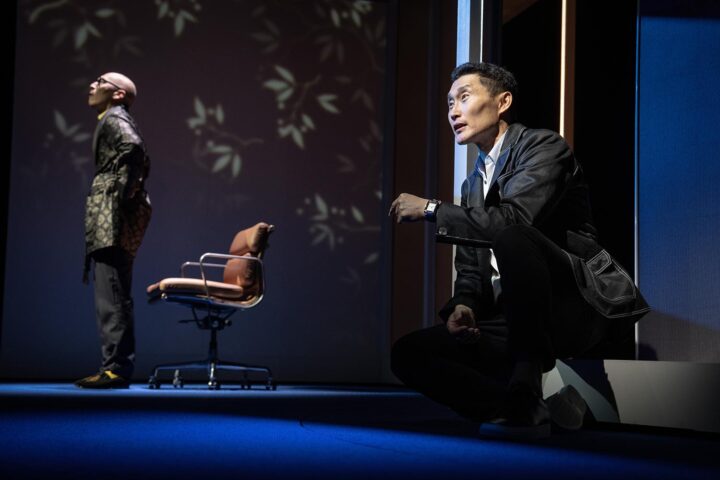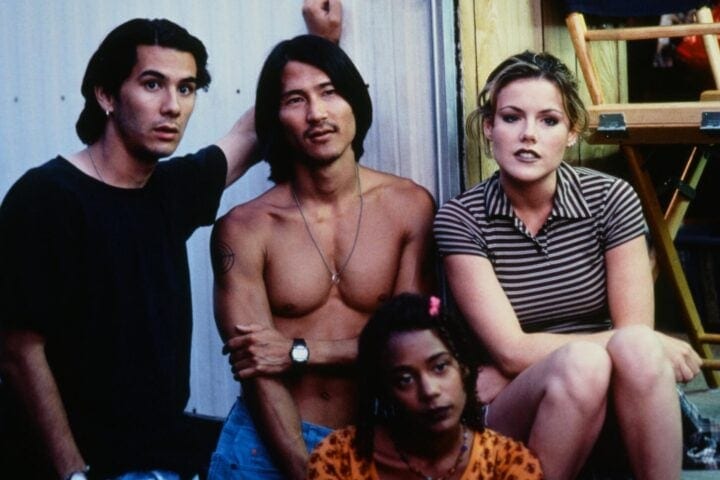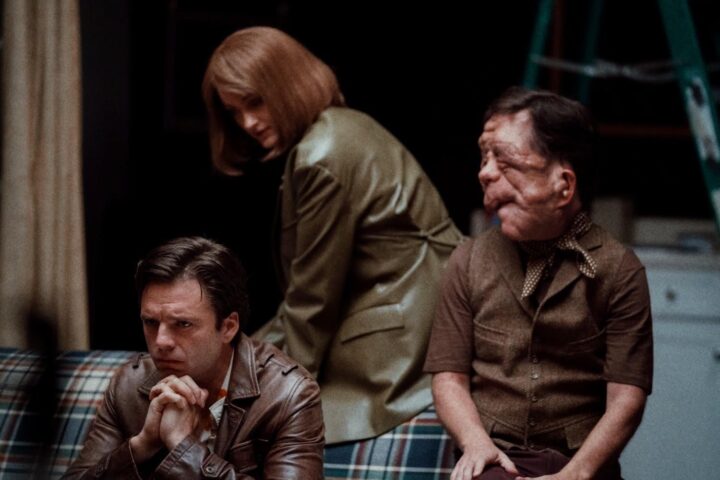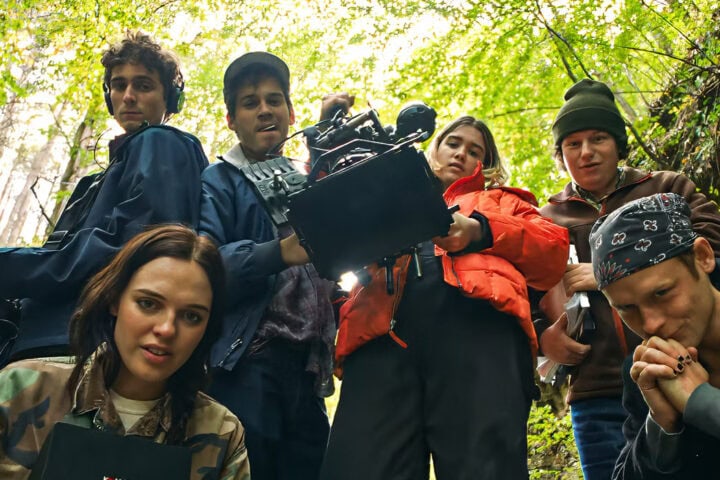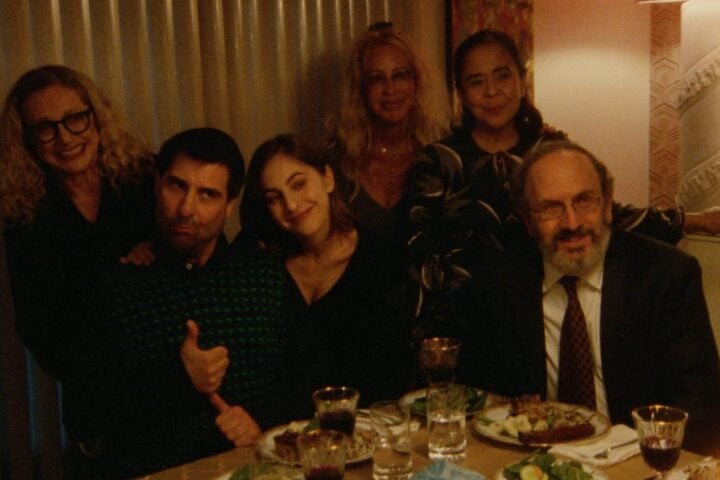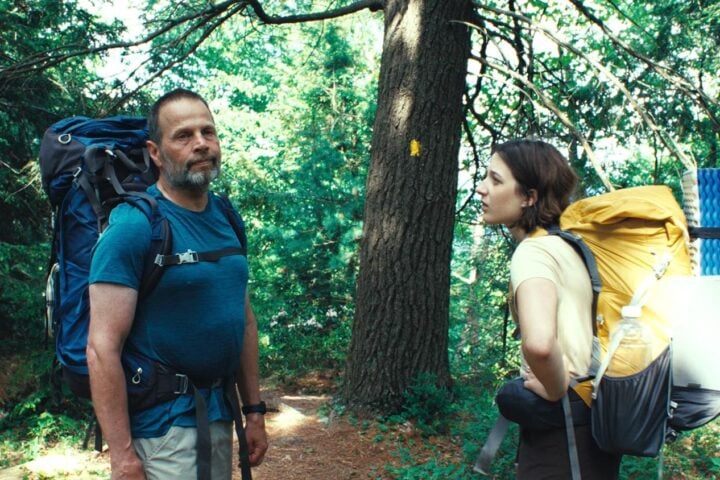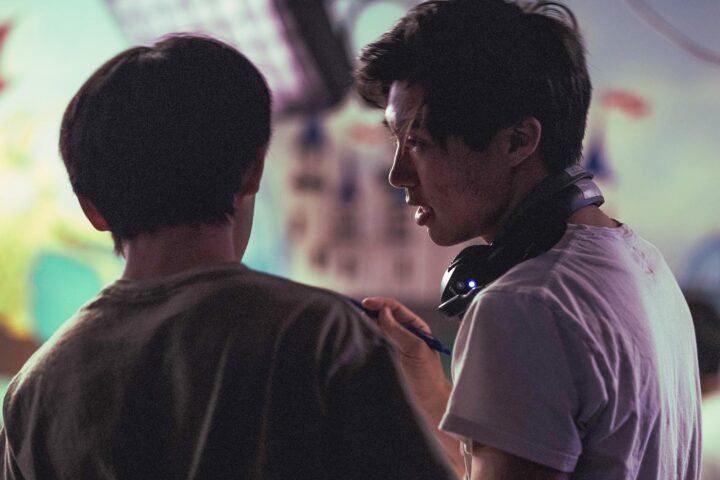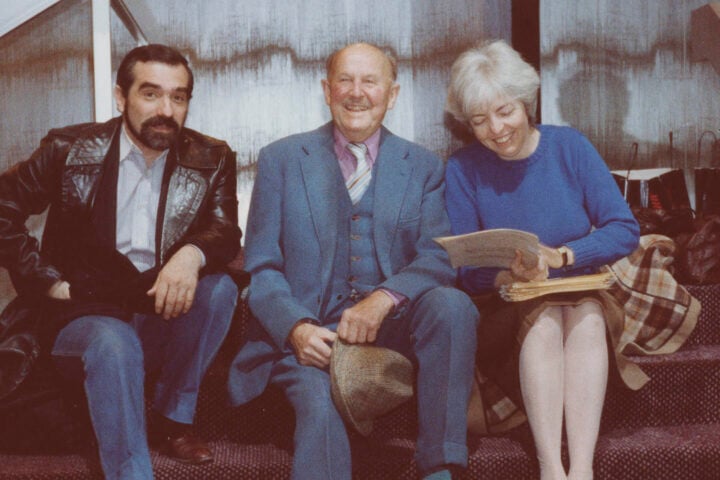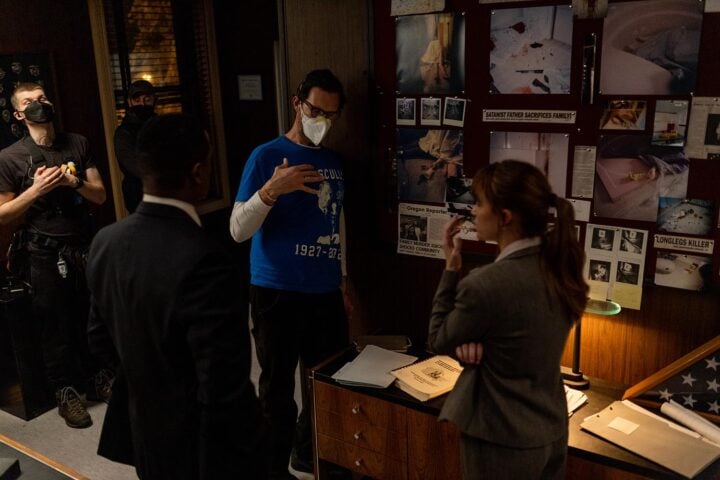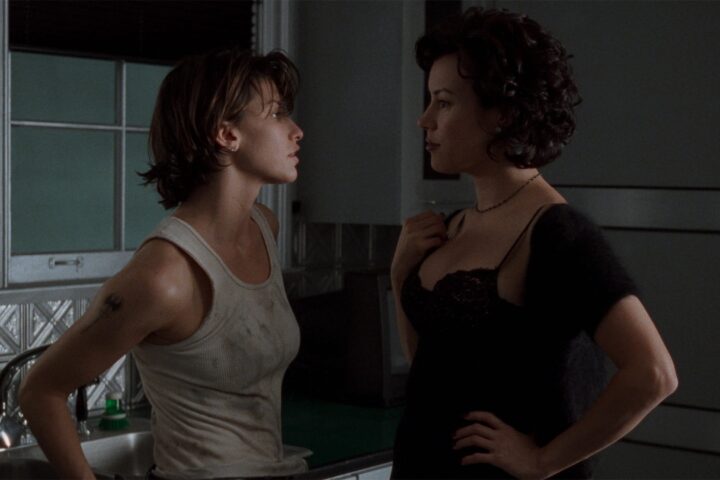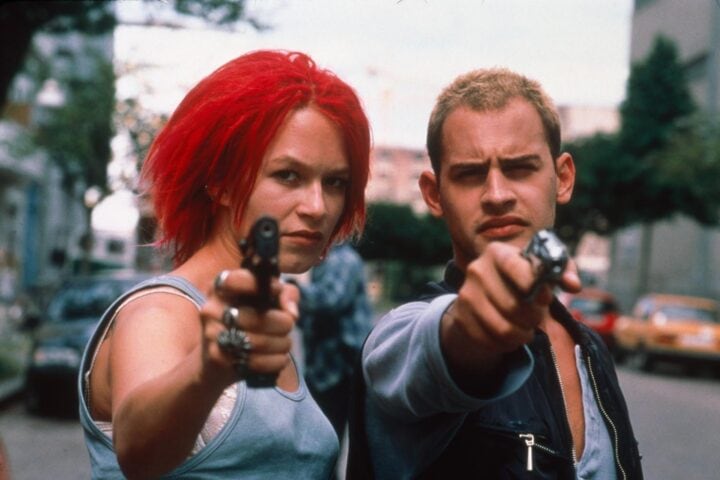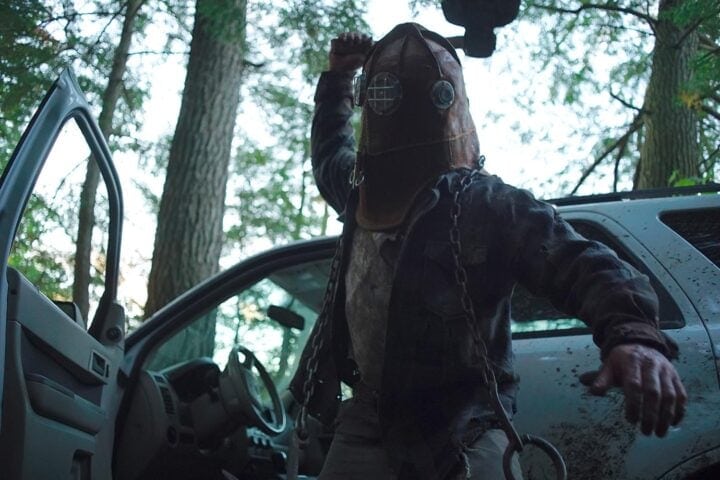Lesage discusses the struggles faced by more than just youth across his films.
The trio discuss how their Canadian identity informed their view of international relations.
Madison and Baker discuss how youth and love shape the eponymous character’s trajectory.
Plante discusses whether online culture encourages people to hide themselves in society.
Hwang discusses his expectations for the autobiographical play now that it’s on Broadway.
Araki discusses how society has and hasn’t caught up with his incendiary trilogy of films.
The actors discuss their physical and philosophical approaches to the self-reflexive tale.
Wilson discusses the influence of Kore-eda’s After Life, the film’s mirroring structure, and more.
Anger and Young discuss their symbiotic partnership on the set of the meta film.
Silver and his two stars discuss their endlessly rewarding collaborative process.
Donaldson discusses her choice to let her main character sit in silence for so long.
Wang discusses what the Sundance Directors’ Lab taught him about the film’s toughest scene.
The pair discuss Michael Powell and Emeric Pressburger’s desire to make films for the world.
Perkins and Monroe discuss working with Nicolas Cage, the film’s influences, and more.
Franz and Fiala discuss how their main character’s struggles relate to the present world.
Breillat discusses image-making and intimacy, scandal and subversion, denial and desire.
Drucker discusses how she handled Breillat’s precise and often “tyrannical” directing style.
Gershon discusses what makes the film such an enduring and endearing queer cinema classic.
Interview: Josh Margolin and June Squibb on ‘Thelma’ and Reinventing the Action-Comedy
Margolin and Squibb discuss the film’s stunts, working with Richard Roundtree, and more.
Potente and Tykwer discuss why the film is like a playground for audiences.
Nash discusses where he drew inspiration for cross-pollinating styles for his debut feature.

